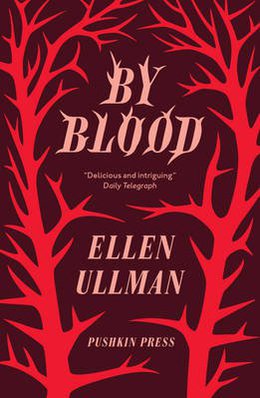 In a San Francisco hit by the 1970s oil crisis, an unnamed (and disgraced) college professor, perhaps himself mentally ill, sits in a cheap rented office eavesdropping on his neighbour: a psychoanalyst and her client, who is attempting to come to terms with her relationship with her adoptive mother. Over the months the complex layers of her origins are exposed, from a Catholic sect in rural Texas, to Israel, and eventually to Europe, the Second World War and the Holocaust. Correspondingly, the narrator’s obsession with the patient grows until he finds himself unable to restrain himself from intervening in her life.
In a San Francisco hit by the 1970s oil crisis, an unnamed (and disgraced) college professor, perhaps himself mentally ill, sits in a cheap rented office eavesdropping on his neighbour: a psychoanalyst and her client, who is attempting to come to terms with her relationship with her adoptive mother. Over the months the complex layers of her origins are exposed, from a Catholic sect in rural Texas, to Israel, and eventually to Europe, the Second World War and the Holocaust. Correspondingly, the narrator’s obsession with the patient grows until he finds himself unable to restrain himself from intervening in her life.
This is a very well-written novel: Ullman’s sentences are lithe and sinuous, her language evoking the seedy, depressive milieu of a run-down city convincingly and poetically. There is something of a noir feel here, with the narrator occupying the morally dubious position of the private detective, the unobserved watcher with whom the reader is unavoidably identified. It is also very compelling: the story, delivered in breathless chapters two or three pages in length each, is paced like a thriller. Yet something about the seriousness of the novel’s subjects – identity, obsession, and ultimately the full horror of the Nazi atrocities – and the pacing left me a little uncomfortable. I found myself wondering whether it was appropriate to explore these themes using the conventions of the thriller genre, or whether instead we can read Ullmann’s use of it as another interrogation of the murky motives behind our investment in finding out the ‘truth’ about other people’s lives. Either way, this is a masterfully-written, suspenseful (though at times unsettling) novel.